In a world filled with soundbites, scrolling, and shouting matches, the ability to speak truth clearly and persuasively is more valuable than ever. That’s why the Rhetoric Stage—the final phase of the classical Trivium—is such a powerful part of a student’s education. It’s where everything comes together: knowledge, understanding, and now, expression.
Classical education is structured around the Trivium, a three-part progression that mirrors the natural development of a child’s mind. The Grammar Stage focuses on memorizing foundational knowledge. The Logic Stage teaches students how to think critically and make sound arguments. And the Rhetoric Stage—usually occurring in high school—is where students learn how to express themselves with clarity, beauty, and impact.
Rhetoric isn’t just about public speaking—though that’s a key component. It encompasses writing persuasively, engaging in respectful debate, crafting thoughtful essays, delivering speeches, and even learning the art of storytelling. In rhetoric, students are challenged not only to express themselves but to do so ethically, winsomely, and persuasively.
It’s also a stage where personal formation becomes central. Teens begin to wrestle with questions of identity, purpose, justice, and truth. Teachers act as mentors, guiding students to ask, “What kind of person do I want to be?” and “How can I use my words to serve others and uphold what is good?”
At Veritas, students begin to experience the Rhetoric Stage early through activities like the annual Speech Meet. Students in grades two through eight prepare and deliver speeches before an audience and a panel of judges. While younger students focus on memorization, older students are required to write their own speeches, revising them multiple times with guidance from their teachers, as they prepare for the final presentation.
In a society hungry for thoughtful discourse and authentic leadership, the Rhetoric Stage offers hope. It equips young people not just to succeed academically, but to lead wisely, speak well, and live purposefully.



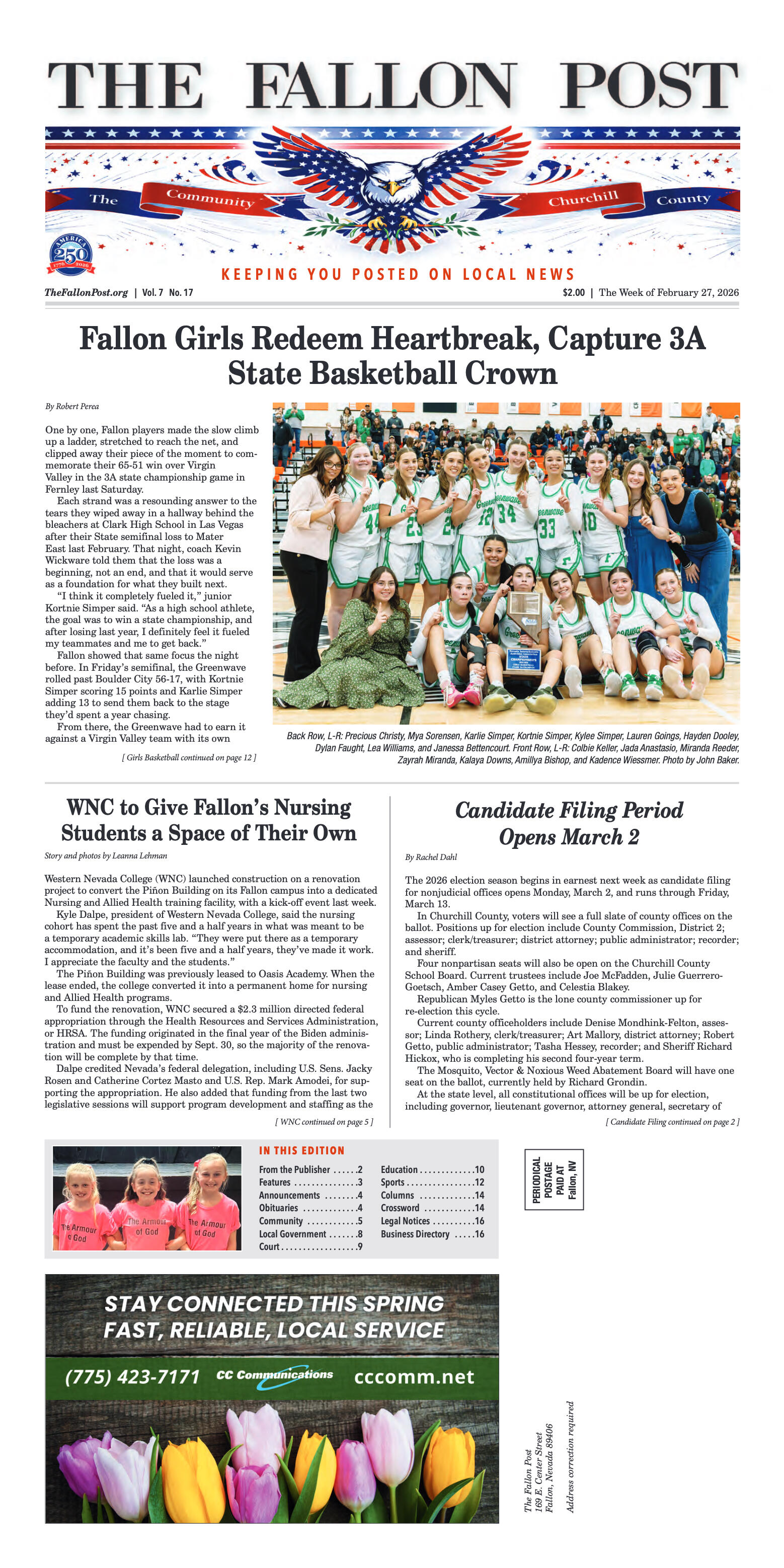
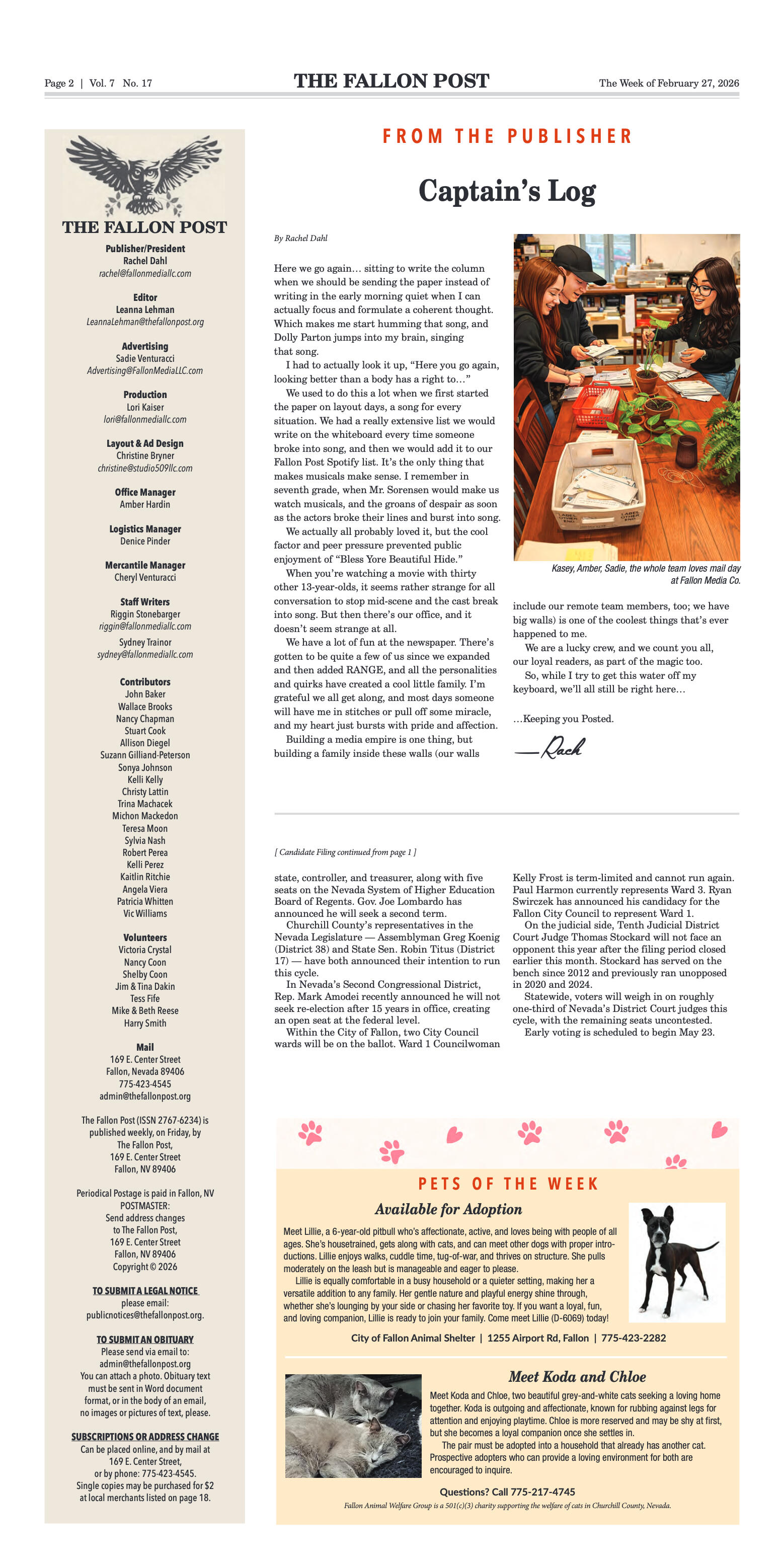
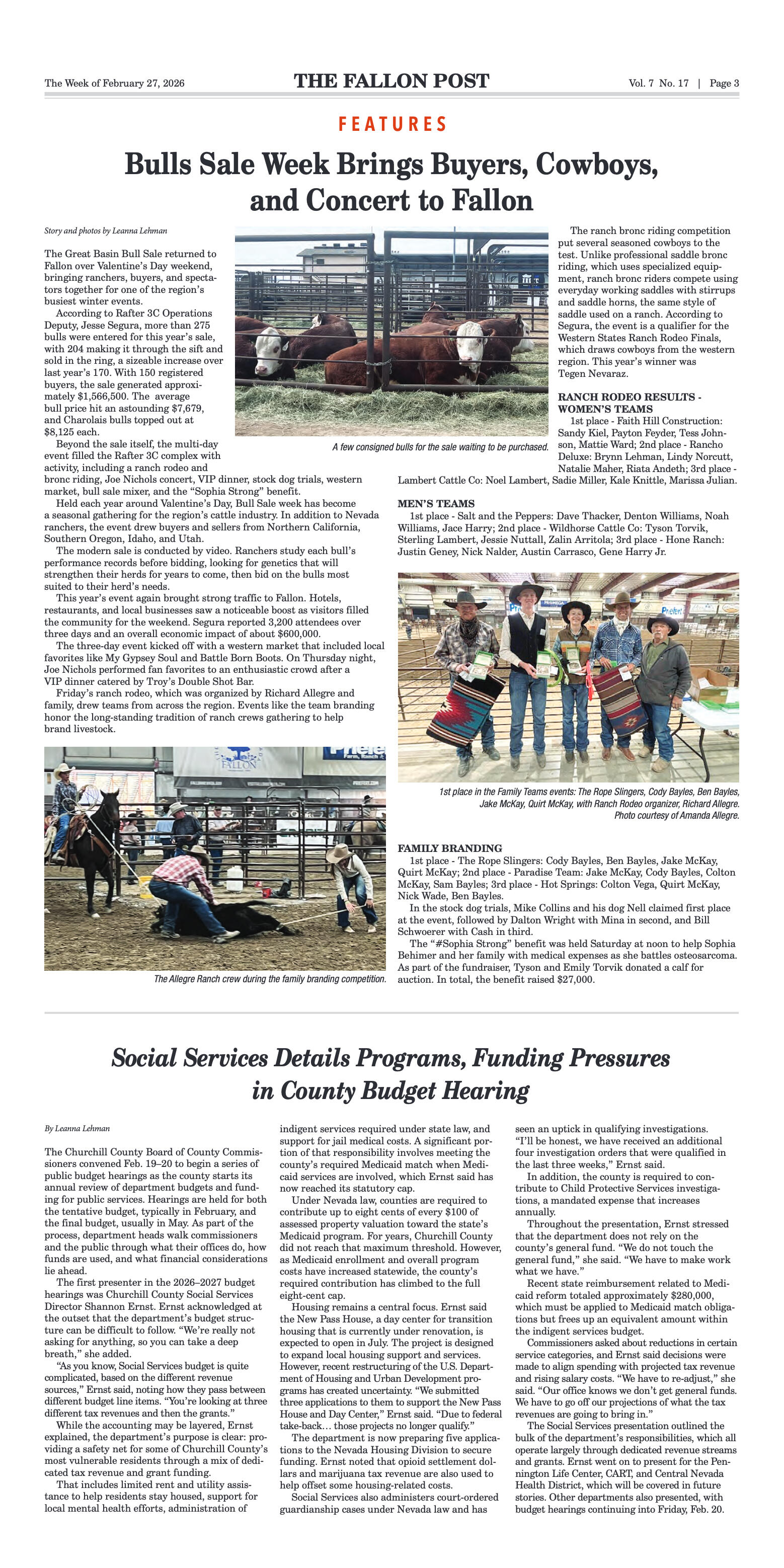
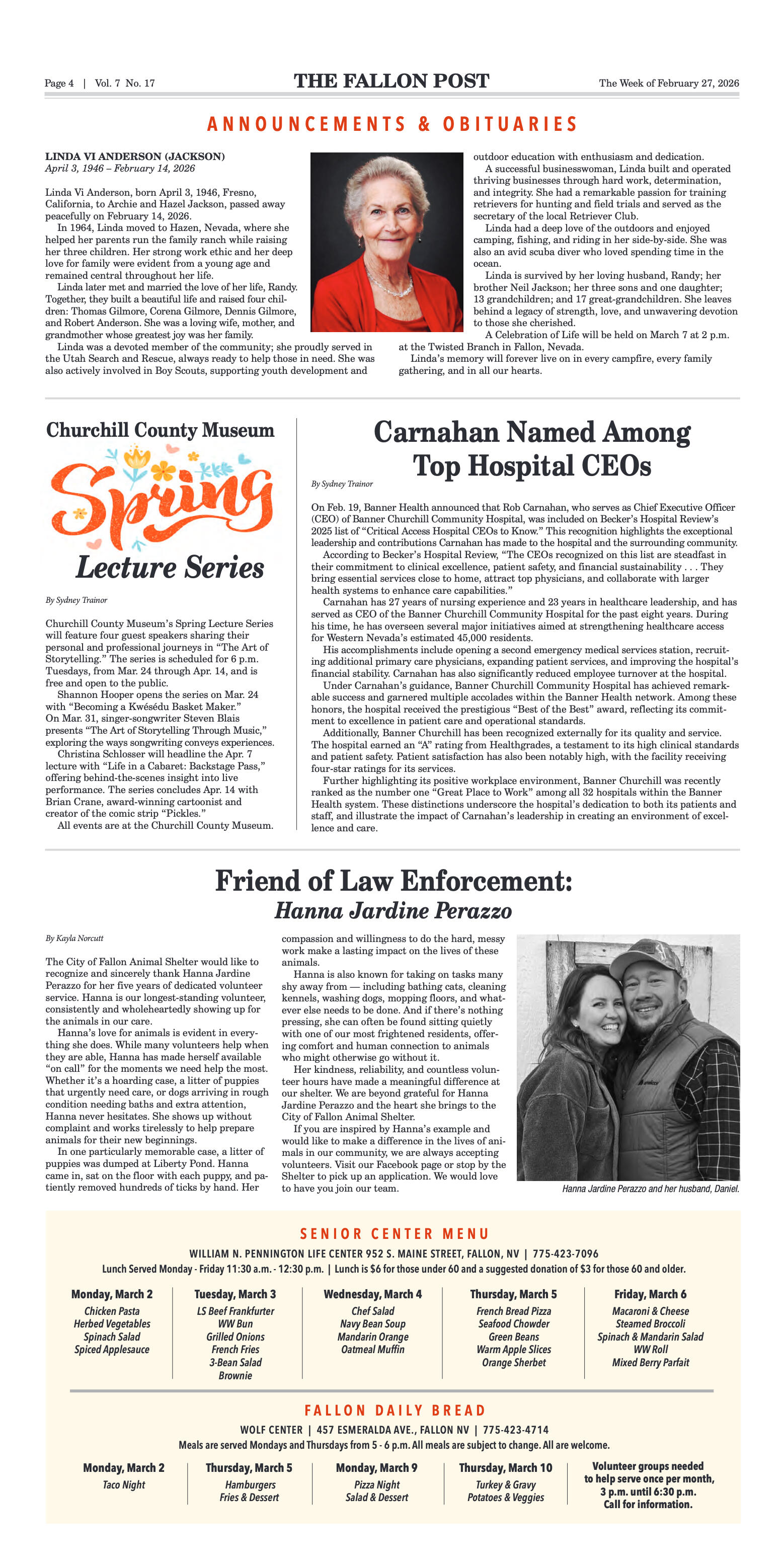
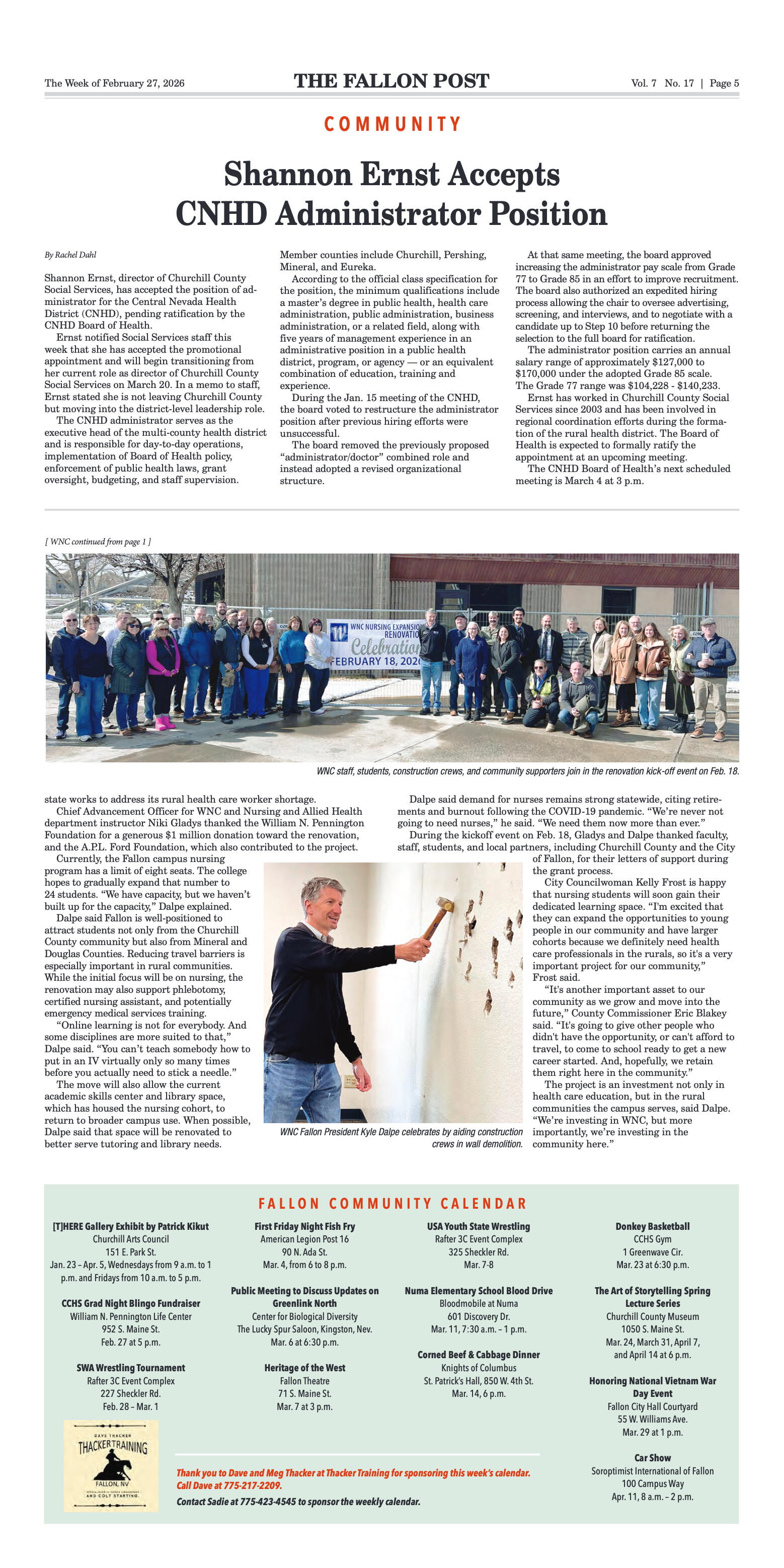
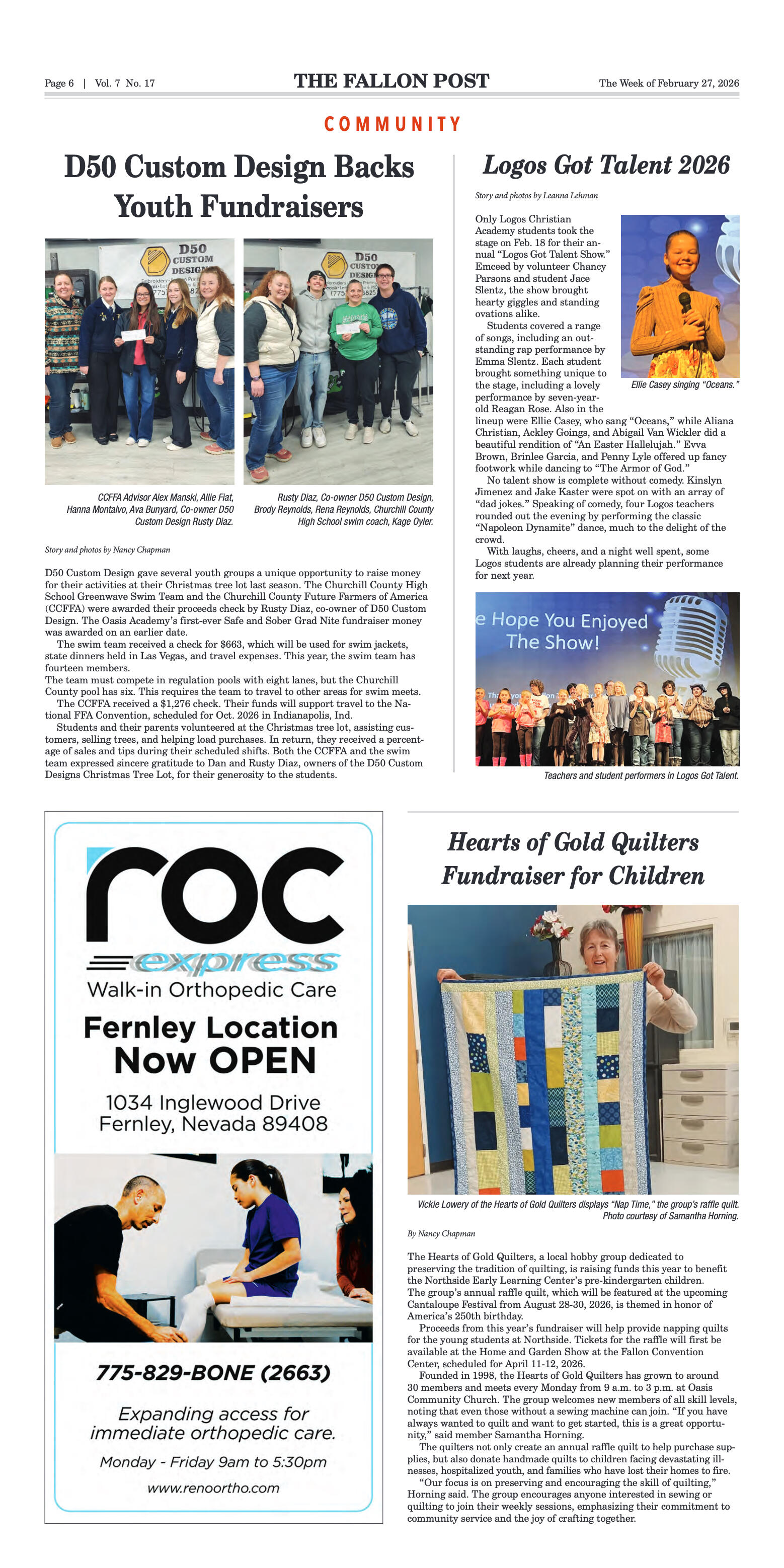
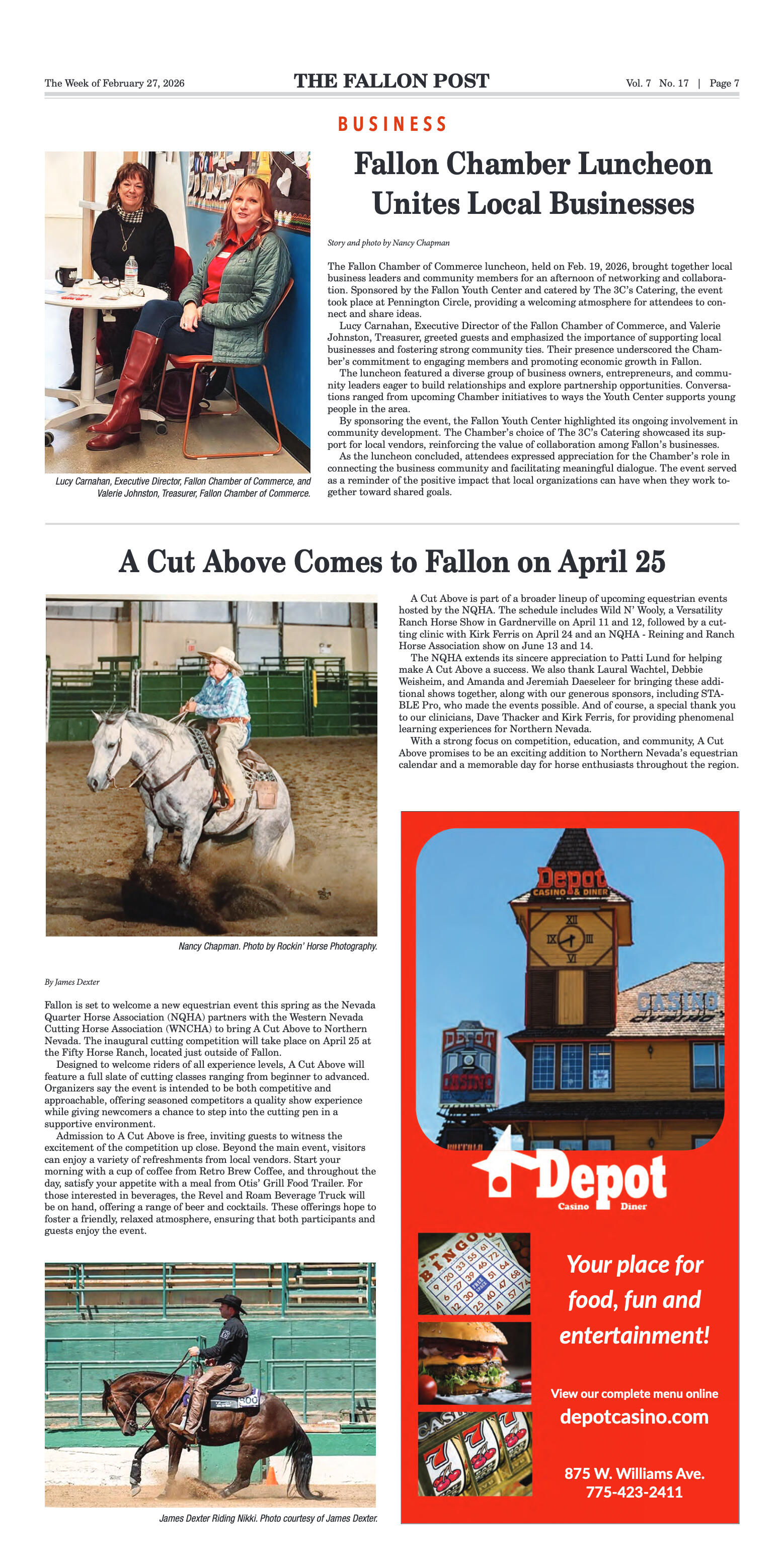
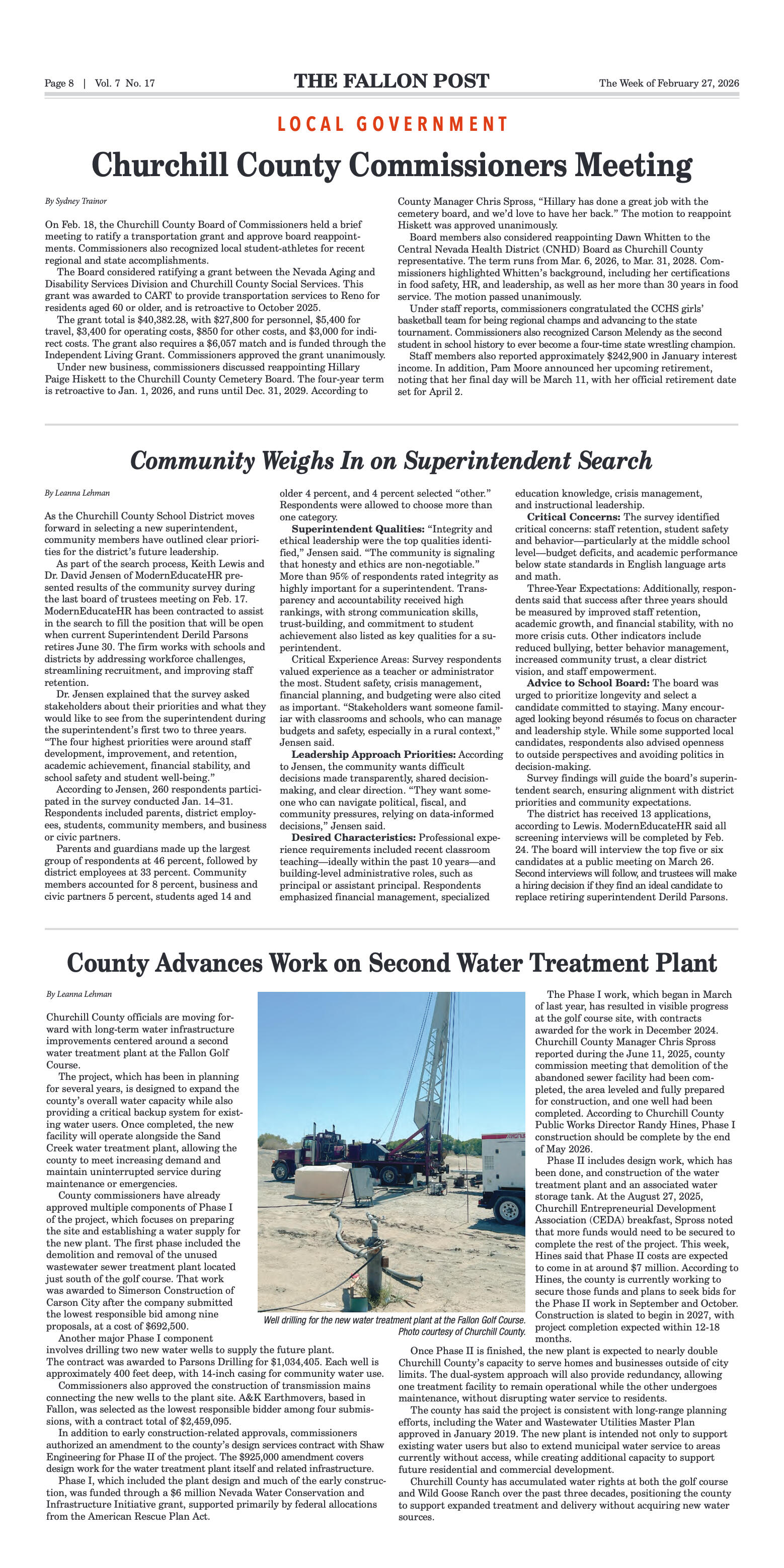
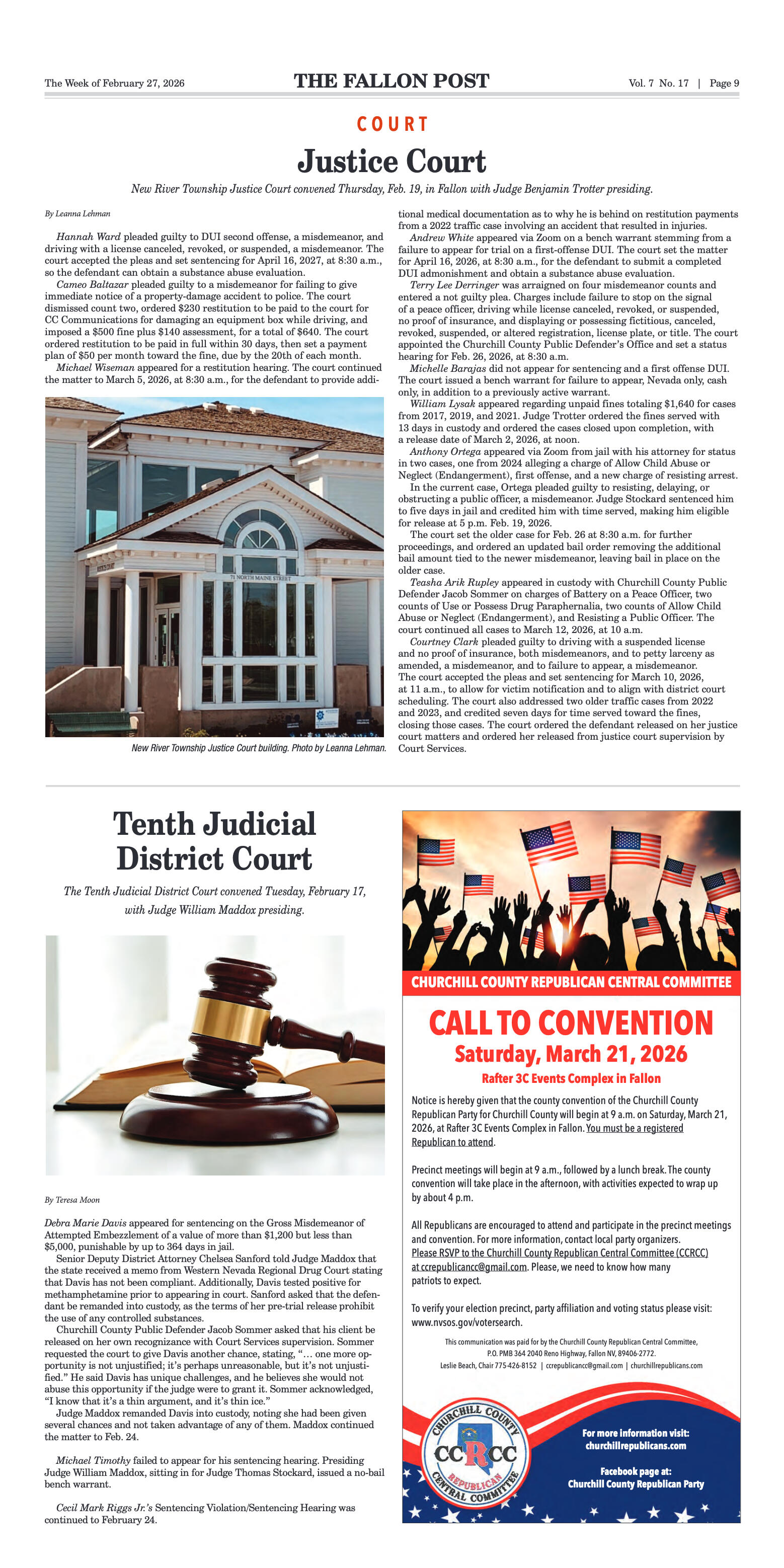
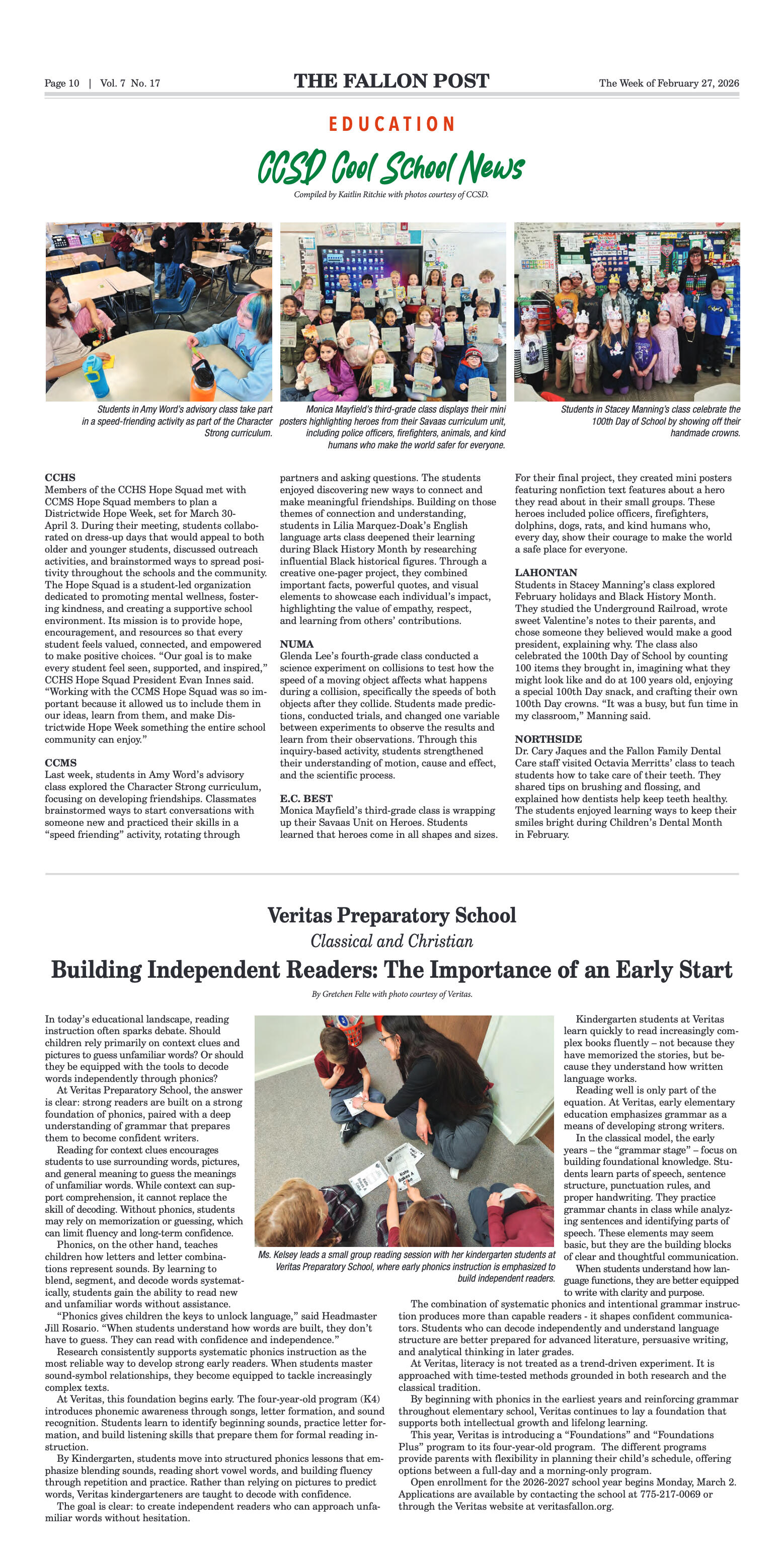
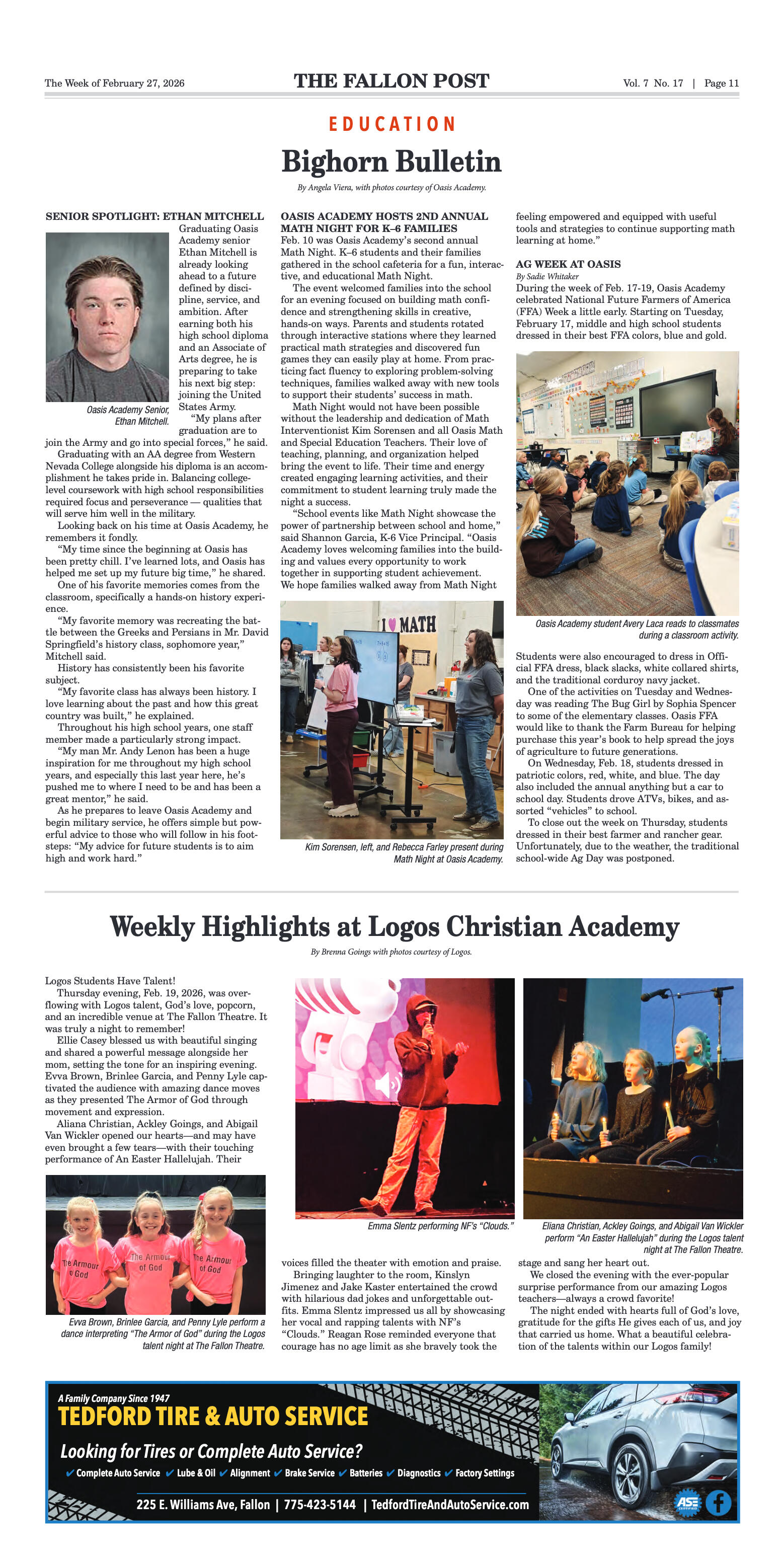
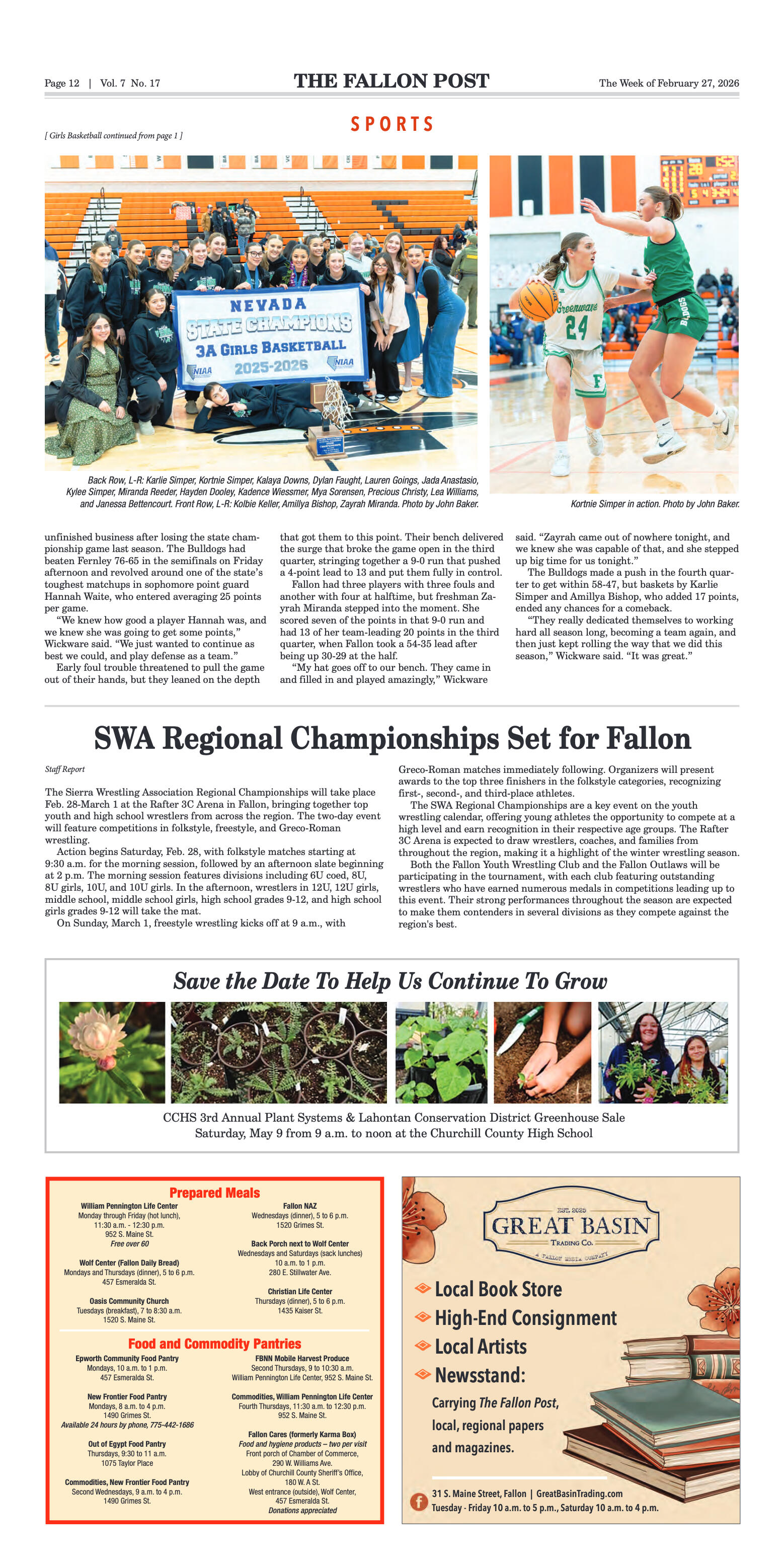
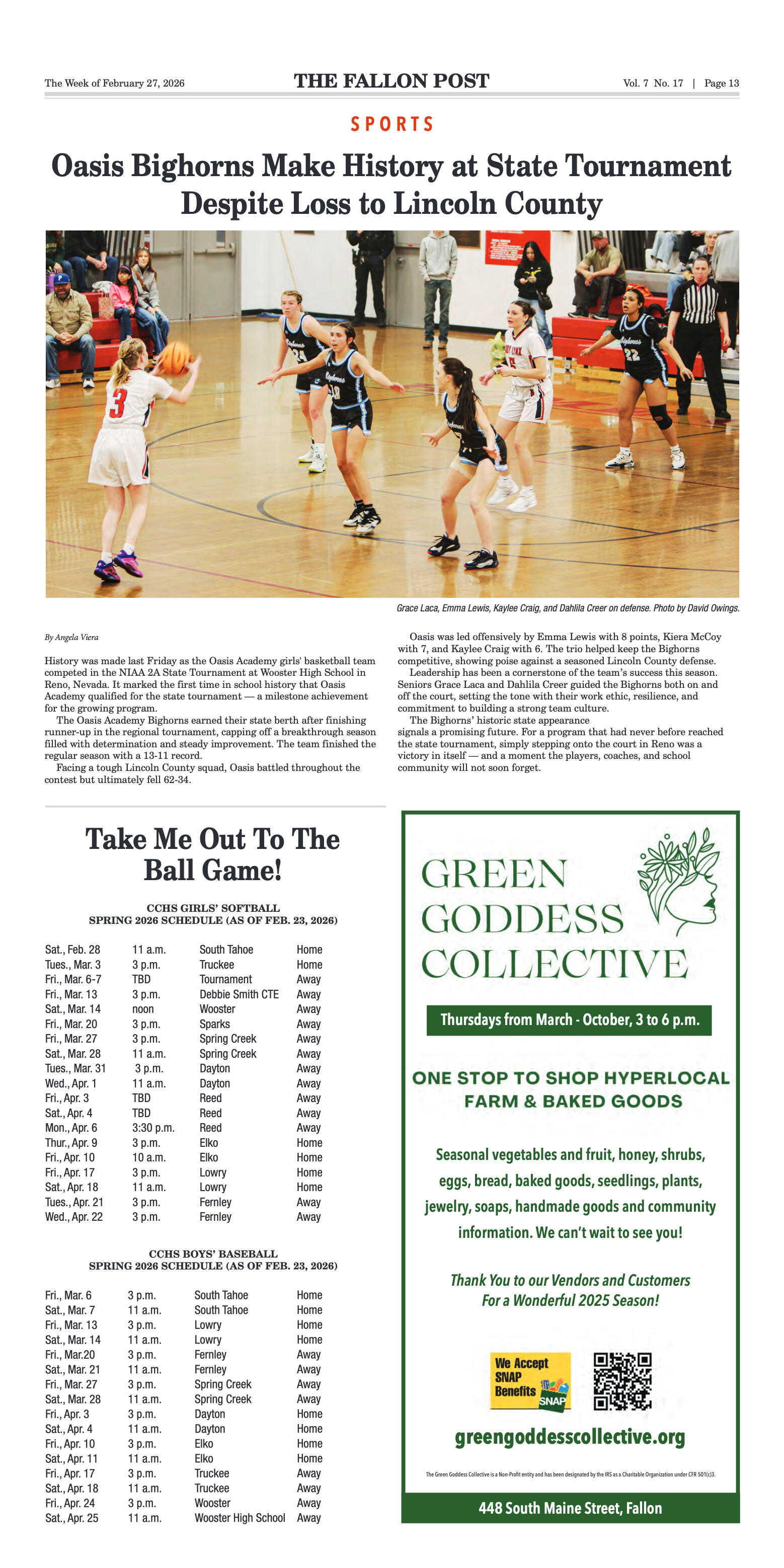
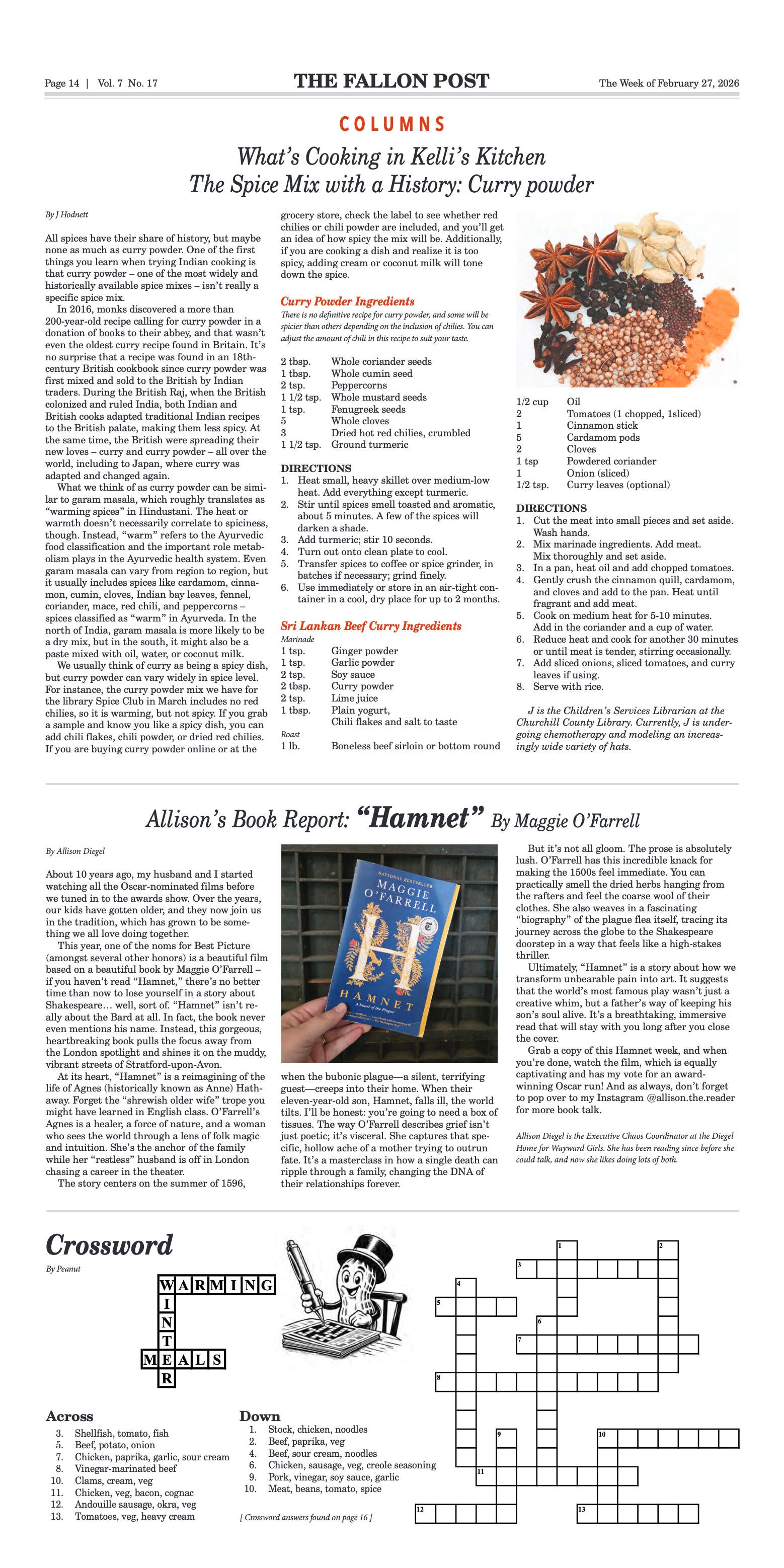
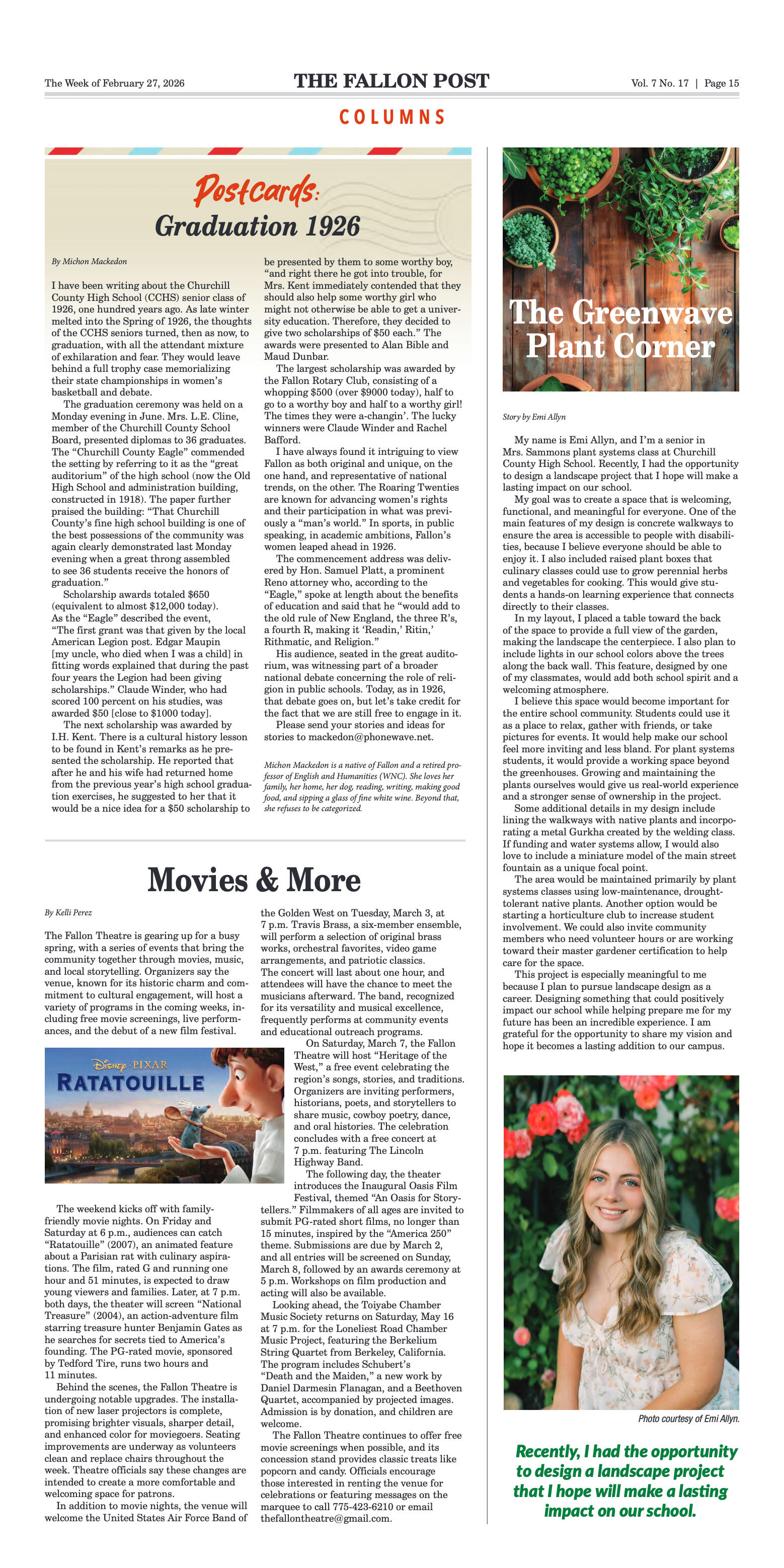
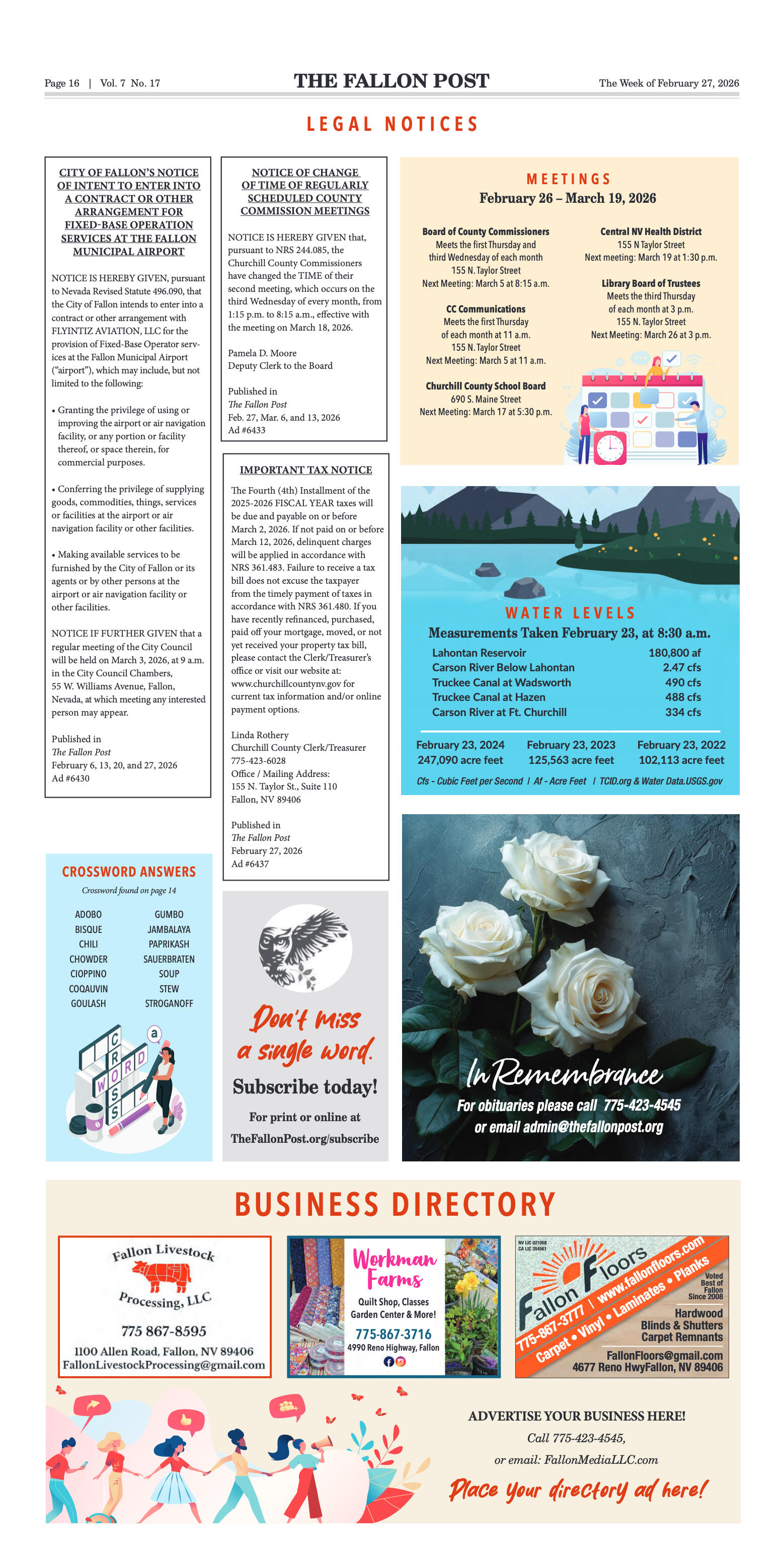























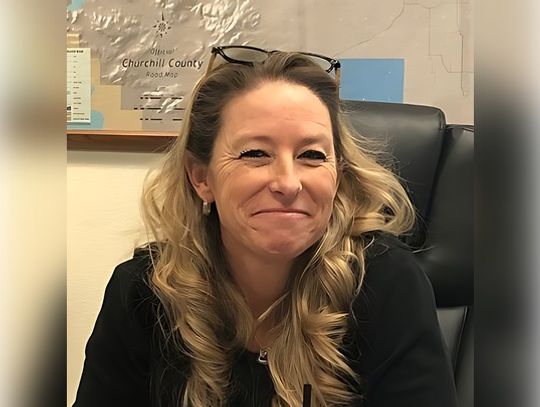


Comment
Comments